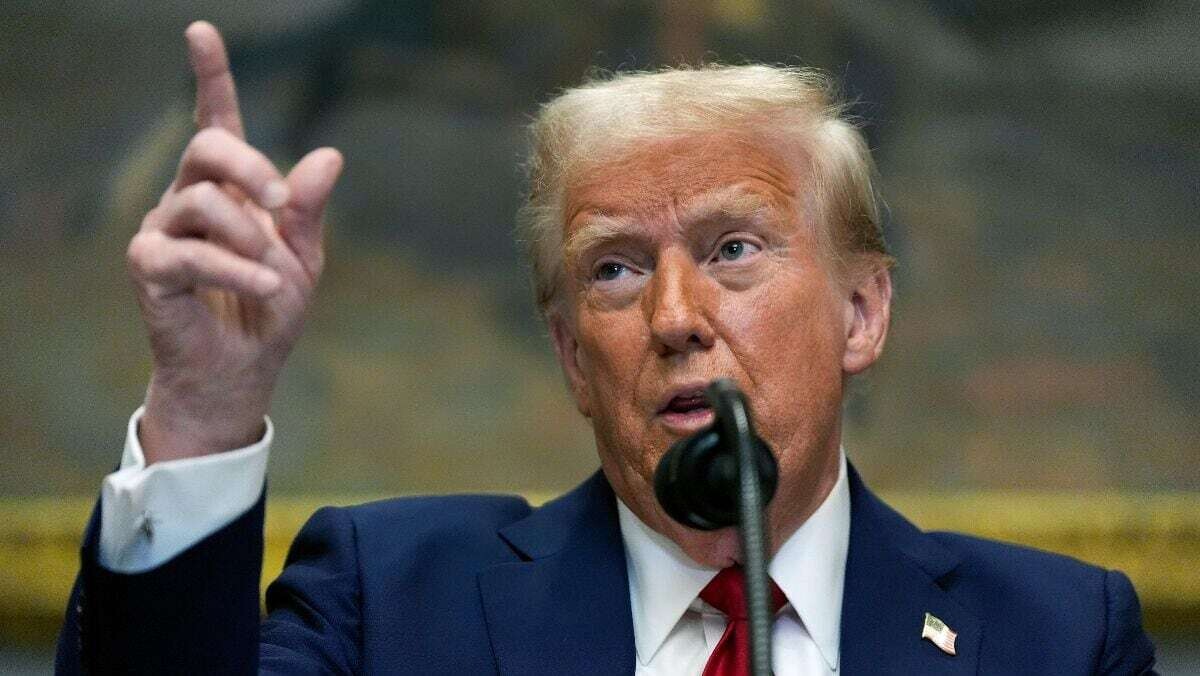
The United States government is considering designating Mexican cartels as terrorist organizations, which could have significant implications in various areas beyond the banking sector. Although specific cartels have not yet been mentioned in the decree, it has been indicated that these organizations have expanded their activities to extortion networks and shell companies in Mexico.
According to some experts, this designation could open the door to the possibility of military intervention in Mexico, although it is more likely that efforts will focus on blocking the income of criminal groups. During his first term, former President Trump attempted to label the cartels as terrorist organizations but abandoned the initiative due to internal protests.
The potential designation as terrorists raises concerns among financial companies and other entities that could face severe penalties for inadvertently being involved with criminals. This measure could affect sectors such as real estate, gasoline sales, security services, among others, which could be paying protection to cartels or dealing with crime-linked suppliers.
The American Chamber of Commerce in Mexico conducted a survey where six out of ten companies reported being affected by crime. Former officials warn that the designation could have a seismic impact on the country and the region in general. Paul Craine, former DEA director in Mexico, mentioned that the economy and businesses could be severely impacted.
The designation would allow the U.S. government to freeze and confiscate assets related to the cartels, which could disrupt their financial operations and resource distribution. However, this extreme measure could also threaten economic growth in both countries, according to Arturo Sarukhan, former ambassador of Mexico to the United States.
There are concerns that the designation could generate unintended consequences in the financial system, as companies could come under scrutiny if they have links to cartels, whether directly or indirectly. The remittance industry in Mexico could also be affected by this possible designation. Mexican banks, aware of the seriousness of the situation, could restrict their activities in sectors related to drug trafficking.
Experts point out that detecting illicit activities will become more complex if cartels are designated as terrorist organizations, which would require banks to restructure their risk models. Some major lenders like Banco Bilbao Vizcaya Argentaria and Citigroup Inc. could face challenges in their operations. The ABM assures that local banks comply with anti-money laundering regulations, but the task of distinguishing between legitimate and suspicious transactions becomes more complicated with this designation on the horizon.














